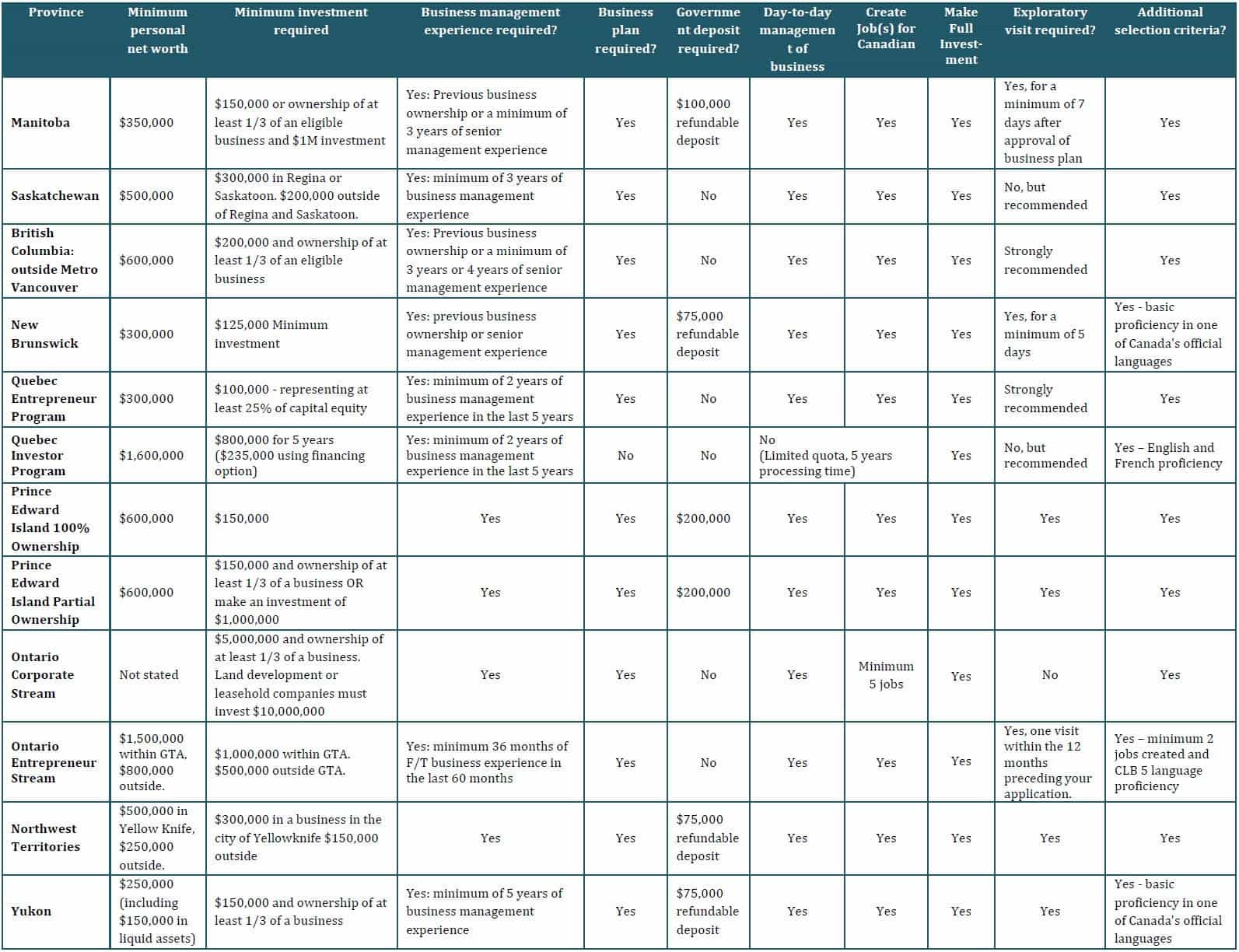IRCC’s backlog nears 1 million, study permit applications continue steep climb
As of September 30, Immigration, Refugees and Citizenship Canada (IRCC) had a total of 996,700 applications in its backlog, the highest level recorded since November 2024.
Among all application types, study permit applications recorded the largest month-over-month increase this year, climbing 10%.
Join our immigration newsletter
Be the first to know
As of September 30, IRCC’s total application inventory stood at 2,200,100. The department processed 1,203,400 of these within their service standards.
The table below shows IRCC’s backlog for each month of 2025, allowing you to compare September’s total with the rest of the year.
MonthImmigration backlogChange relative to preceding month
January, 2025891,100-5.33%
February, 2025821,200-7.95%
March, 2025779,900-5.03%
April, 2025760,200-2.53%
May, 2025802,000+5.5%
June, 2025842,800+5.02%
July, 2025901,700+6.98%
August, 2025958,850+6.33%
September, 2025996,700+3.95%
Permanent residence applications
As of September 30, there were 913,800 permanent residence (PR) applications in IRCC’s inventory, including Express Entry, Express Entry-aligned Provincial Nominee Program (PNP), and family sponsorship applications.
Department data shows 431,400 (47%) of these applications were being processed within the immigration department’s service standards. Consequently, 482,400 applications remain in the backlog, up from 470,300 the month prior.
IRCC doesn’t provide specific figures but noted that 21% of Express Entry applications were considered backlog, up slightly from 20% at the end of August.
For Express Entry-aligned PNP applications, the percentage of applications in the backlog was 47% at the end of September—the lowest since March 2025.
Finally, the family sponsorship backlog increased from 17% at the end of August to 19% by September’s end. This is the highest percentage of family sponsorship applications considered backlog since June 2023.
Discover if You Are Eligible for Canadian Permanent Residence
Temporary residence applications
There was a total of 1,028,500 temporary residence applications in IRCC’s inventory as of September 30. Of these, 567,400 (55%) were being processed within the department’s service standards.
Based on these figures, 461,100 temporary residence applications—which consist of work permits, study permits, and visitor visas—remained in the backlog.
The percentage of work permit applications in the backlog increased compared to the previous month, from 45% at the end of August to 48% by September 30—against a projected backlog of 28%.
The study permit backlog jumped significantly to 42% (against a projected 34%)—the month prior, only 32% of applications were considered backlog. This is the highest study permit backlog since February of this year.
On the other hand, the percentage of applications in the backlog for visitor visas decreased marginally from 60% at the end of August to 57% at the end of September. But this is still higher than IRCC’s projected September backlog of 53%.
Schedule a Free Work Permit Consultation with the Cohen Immigration Law Firm
Citizenship grants
As of the end of September, IRCC had 257,800 citizenship applications in its inventory—and 204,600 (79%) of these were being processed within the department’s service standards.
That leaves 53,200 (21%) in the backlog. This is a slight increase from the previous month, which saw 20% of citizenship applications in IRCC’s inventory remaining in the backlog.
Schedule a Free Canadian Citizenship Consultation with the Cohen Immigration
Law Firm
What is IRCC’s backlog?
An immigration application moves into IRCC’s backlog when processing goes beyond the department’s published service standards. These standards act as targets for how long different types of applications should normally take to process.
For example, IRCC aims to process most Express Entry applications within six months and family sponsorship applications within 12 months. Cases that surpass these thresholds—such as an Express Entry file taking longer than six months or a family sponsorship application exceeding 12 months—are included in the backlog.
IRCC aims to complete 80% of all applications within service standards, recognizing that the remaining 20% often involve more complex situations requiring extra documentation, closer review, or additional decision-making time.
Join our immigration newsletter
Be the first to know















